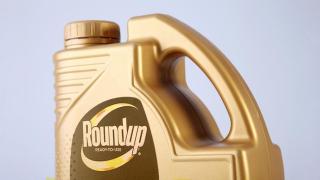NYC to Pay $11M to Man Wrongfully Convicted of Murder
NYC to Pay $11M to Man Wrongfully Convicted of Murder

Introduction
A man from the Bronx will be paid $11M by the New York City (NYC) for the wrongful conviction of murdering his mother, for which he had to spend 19 years behind the bar. New York Police Department (NYPD) used pressure tactics on the man that led him to wrongly confess the fatal stabbing of his mother. The incident took place in the year 1989 when he was a 16-year-old teenager. As per the authority, the man, who was wrongfully accused of stabbing his mother, was a cracked-crazed teen at that time who committed the crime to pay off a drug debt. He was charged with second-degree murder and had to spend 19 years in jail. The man was released from jail in the year 2009. Ten years later, the District Attorney of Bronx vacated the man's conviction because NYPD police used forceful technique to get the confession from mam, which was wrongful. The man filed a lawsuit in October 2020 for the wrongful conviction, and the letter filed in the federal court of Manhattan verified that the state had reached a deal with him. The spokesman of the City Law Department, while making his statement on June 17, said that NYPD officers were using standard practices at that time to obtain a confession; many of these techniques are no longer used by the department. The Bronx man has accused the other man, who was his fellow tenant, of the crime. The man who used to live at that time just below the plaintiff's family had a violent criminal history and was on parole at the time of the murder. At that time, the man who was on parole told police that he and the plaintiff had plotted the crime scene to look like a rape and robbery case. The man on parole was caught driving the victim's stolen car a week later, and he was murdered before the plaintiff went on trial. The Bronx man wrongful conviction is not a unique occurrence. A non-profit organization, The Innocence Project, which focuses on getting a fair judgment for wrongful convictions, had more than 365 DNA exonerations in its record alone in the U.S. itself as of January 2020.Comments




